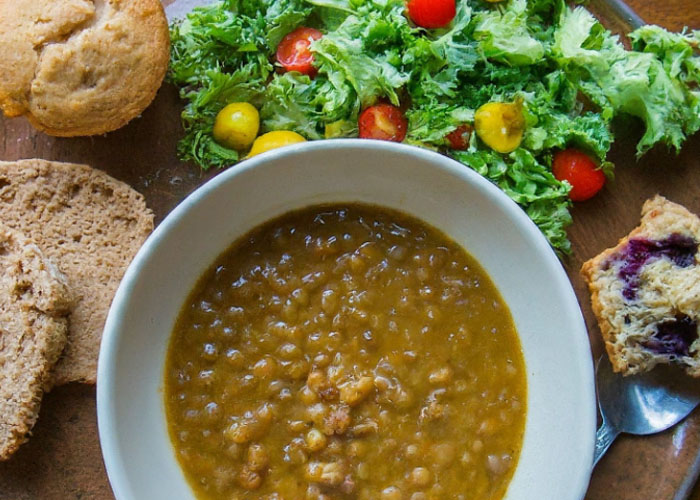Plant-based Protein: Exploring the Best, the Worst, and the Spectrum In Between
In recent years, the popularity of plant-based diets has surged, with many individuals embracing the health and environmental benefits of consuming more plant-derived foods. As interest in plant-based eating grows, so does the focus on plant-based sources of protein. In this article, we’ll explore the world of plant-based protein, highlighting the best sources, the less favorable options, and everything in between to help you make informed choices about your dietary intake.
The Best Sources of Plant-based Protein:
Legumes: Legumes such as lentils, chickpeas, black beans, and edamame are rich sources of protein, fiber, and essential nutrients. They are versatile ingredients that can be incorporated into soups, salads, stews, and plant-based dishes like veggie burgers and tacos.
Quinoa: Quinoa is a complete protein, meaning it contains all nine essential amino acids that the body cannot produce on its own. It’s also gluten-free and high in fiber, making it an excellent choice for those with dietary restrictions or sensitivities.
Tofu and Tempeh: Tofu and tempeh are soy-based products that are rich in protein and versatile in cooking. Tofu can be used in stir-fries, scrambles, and smoothies, while tempeh is great for grilling, baking, and sautéing.
Seeds: Seeds such as chia seeds, hemp seeds, flaxseeds, and pumpkin seeds are nutrient-dense sources of protein, healthy fats, and micronutrients. They can be sprinkled on oatmeal, yogurt, salads, or incorporated into homemade energy bars and baked goods.
Nuts: Nuts like almonds, walnuts, and peanuts are not only delicious but also packed with protein, healthy fats, and antioxidants. They make for convenient and satisfying snacks or can be added to trail mixes, smoothies, and salads for an extra boost of nutrition.
The Less Favorable Options:
Processed Plant-based Foods: While convenient, many processed plant-based foods like vegan burgers, sausages, and deli slices can be high in sodium, saturated fat, and additives. While they may provide protein, it’s essential to choose whole, minimally processed options whenever possible.
Refined Grains: Refined grains like white rice, white bread, and pasta are lower in protein and fiber compared to whole grains. While they can still contribute to your overall protein intake, it’s best to prioritize whole grains like brown rice, quinoa, and whole wheat pasta for added nutritional benefits.
Finding Balance:
While certain plant-based foods are excellent sources of protein, it’s essential to consume a variety of plant foods to ensure you’re getting all the essential amino acids and nutrients your body needs. By incorporating a diverse range of legumes, grains, nuts, seeds, and vegetables into your diet, you can easily meet your protein needs while enjoying a well-rounded and satisfying eating pattern.
Conclusion:
Plant-based protein offers a wealth of health benefits and can be a nutritious and delicious addition to any diet. By focusing on whole, minimally processed plant foods like legumes, quinoa, tofu, seeds, and nuts, you can easily meet your protein needs while supporting your overall health and well-being. Remember to prioritize variety, balance, and moderation in your plant-based diet to ensure you’re getting all the essential nutrients your body needs to thrive.

